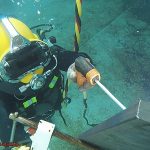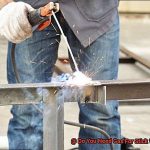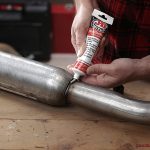Are you looking to give your aluminum surface a deep clean but hesitant to use a brass wire brush? Aluminum is a versatile and resilient metal that’s utilized in various industries, from aerospace engineering to home decor. However, many individuals are concerned about the potential for scratches when using a brass wire brush on their aluminum surface.
If you’re one of those people, don’t worry. This blog post will provide you with an all-encompassing answer to the question: Will a brass wire brush scratch aluminum? We’ll examine how brass brushes function, the factors that determine whether they’re appropriate for use on aluminum surfaces, and how you can safeguard your surface during cleaning.
Whether you’re a professional cleaning service or simply tidying up at home, it’s critical to comprehend the intricacies of using different types of brushes on your aluminum surface. Our goal is to educate you on the advantages and drawbacks of utilizing brass wire brushes on aluminum surfaces. So sit back with your favorite beverage and let’s dive in.
What is Aluminum?
Contents
Aluminum is a metal that has captured the attention of various industries worldwide due to its fascinating properties. It is lightweight, durable, and versatile, making it a favorite among metalworkers and welders.
What makes aluminum stand out is that it’s the third most abundant element on earth. Extracted from bauxite ore through electrolysis, this fascinating metal is used in construction, transportation, packaging, and electrical industries, among others.
Another unique property of aluminum is its ability to form a protective oxide layer when exposed to air. This layer is thin but strong enough to prevent further oxidation and corrosion of the metal. As a result, aluminum is highly resistant to rust and other forms of corrosion.
Aluminum also boasts excellent thermal and electrical conductivity, making it ideal for use in heat exchangers, wiring, and other applications that require efficient heat or electricity transfer. Its light weight and strength-to-weight ratio make it an attractive material for use in aerospace and automotive industries.
However, aluminum is a softer metal compared to other metals such as steel. This means it’s more susceptible to scratches and damage from abrasive materials like wire brushes. Brass wire brushes in particular can be quite abrasive and can easily scratch the surface of aluminum if not used correctly.
To minimize the risk of scratching aluminum with a brass wire brush, it’s important to use the appropriate pressure and technique. Always apply light pressure when brushing aluminum with a brass wire brush and avoid circular motions as this can create visible scratches on the surface.
What is a Brass Wire Brush?
Look no further than the trusty brass wire brush. As an expert in the field, I can attest that this versatile tool has numerous applications in various industries.
So, what exactly is a brass wire brush? It’s a brush made up of fine brass wires twisted together to form a bristle or filament. These brushes come in different shapes, sizes, and densities, depending on the intended use. For instance, cylindrical or cup-shaped brushes are ideal for cleaning pipes and hard-to-reach areas, while flat brushes are great for larger surfaces.
One of the most impressive things about brass wire brushes is their ability to remove dirt, rust, and other contaminants from metal surfaces without causing any damage. They’re also perfect for polishing surfaces like brass, copper, and aluminum. However, there’s some debate about whether brass wire brushes are safe to use on aluminum surfaces.
Some experts argue that brass wire brushes are softer than aluminum and won’t cause any damage. However, others believe that these brushes can scratch aluminum if used too aggressively or if they contain abrasive particles. To avoid any potential damage, it’s recommended to use a soft-bristled brass wire brush and apply light pressure when cleaning or polishing aluminum surfaces.
Overall, brass wire brushes are a valuable tool in any workshop or industry that deals with metal surfaces. With proper use and care, they can help you achieve a flawless finish every time.
Can a Brass Wire Brush Scratch Aluminum?
The answer is yes, it can, but only if not used correctly. Think of it like a superhero and their arch-nemesis: brass wire brushes are like trusty sidekicks that can help you clean and polish metal surfaces, but if not handled properly, they can turn into villains that scratch and mar your aluminum surface.
So why does this happen? Brass is softer than aluminum, making it susceptible to contamination with aluminum particles or other debris from the welding process. When the brush bristles are embedded with these particles and then used on an aluminum surface, they can cause scratches or damage.
The good news is that there’s a simple solution to avoid this issue: use a stainless steel wire brush instead of a brass one when working with aluminum. Stainless steel is harder than both brass and aluminum, making it less likely to become contaminated with debris or embed particles into the surface of the aluminum. By using a stainless steel wire brush, you’ll ensure that your welding project stays free from unsightly scratches or marks.
Factors to Consider Before Using a Brass Wire Brush on Aluminum
Before you do, there are several important factors to consider. First and foremost, the type of aluminum you’re working on is crucial. Different alloys have varying levels of hardness and thickness, which can impact how the metal reacts to the wire brush. It’s like trying to cut through a tough steak versus a tender piece of fish – the right tool for one won’t necessarily work for the other.
Another key factor is the type of brass wire brush being used. Just like different knives are designed for different foods, there are different brushes for different metals. Some brass wire brushes are softer and more flexible than others, which can make them less likely to scratch the surface of the aluminum.
The condition of your brush also matters. A worn-out or damaged brush can cause more harm than good, so it’s important to inspect it regularly and replace it when necessary. Think of it like a toothbrush – if the bristles are frayed or missing, it’s time for a new one.
When using the brush, be mindful of the amount of pressure you’re applying. Too much pressure can lead to scratches or other damage, so start with light pressure and gradually increase as needed. And speaking of technique, use a back-and-forth motion rather than a circular one to avoid causing any unsightly marks.
By taking all these factors into account, you can use a brass wire brush on aluminum without any unwanted scratches or damage. Just remember to test on a small area first before going all-in. With the right approach, your brass wire brush can once again become your trusty sidekick in cleaning and polishing metal surfaces.
How to Minimize the Risk of Scratching Aluminum with a Brass Wire Brush
Scratching the surface is always a concern, but fear not. We’ve done our research and compiled five easy steps to minimize the risk of scratching and keep your aluminum looking its best.
Choose the right brush
Not all brass wire brushes are created equal. Look for one with soft bristles that are tightly packed together. Hard-bristled brushes can scratch the surface of the metal, leading to corrosion and damage.
Wet the surface
Before brushing, wetting the surface of the aluminum can reduce the risk of scratching. The water acts as a lubricant, making it easier for the brush to glide over the surface without causing scratches.
Use light pressure
When brushing aluminum, apply light pressure on the surface. Too much force can cause scratches and damage to the metal.
Brush in one direction
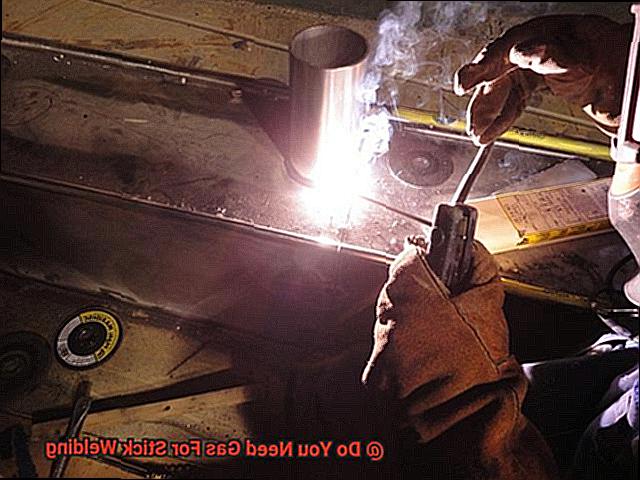
Brushing in one direction minimizes scratches on aluminum. Back-and-forth or circular motions can cause scratches and damage to the metal.
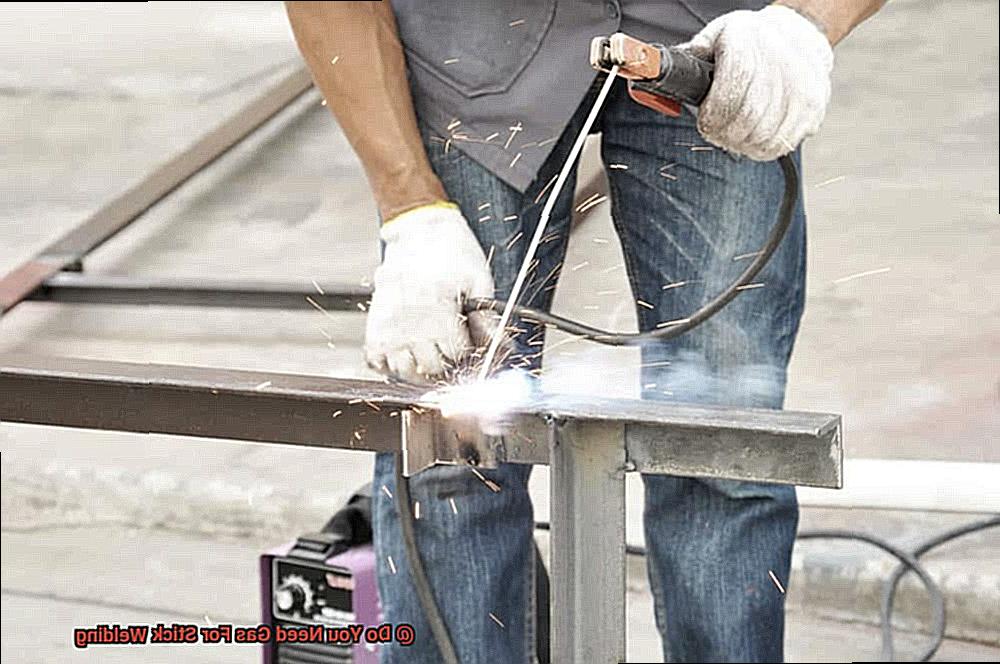
Clean thoroughly
After brushing, clean the surface again to remove any debris or residue that may have accumulated during the process. This helps to prevent corrosion and other forms of damage.
Remember that prevention is always better than cure when it comes to scratching aluminum with a brass wire brush. By following these five simple steps and taking care when using the brush, you can keep your aluminum surfaces looking great and functioning optimally for years to come.
Bonus tip
If you notice any scratches or damage after brushing, don’t panic. They can often be polished out with a metal polish or rubbing compound.
Alternatives to Using a Brass Wire Brush on Aluminum
As we all know, cleaning aluminum surfaces can be a bit of a challenge, especially when it comes to using brass wire brushes. Even with the right technique, these brushes can still leave scratches and marks on the metal. But don’t worry – we’ve got you covered. Today, we’ll explore some alternative methods for cleaning aluminum surfaces without the use of brass wire brushes.
First up, let’s talk about nylon brushes. Soft and non-abrasive, they’re perfect for cleaning delicate surfaces like aluminum. Unlike brass wire brushes, nylon ones won’t leave any unsightly scratches or marks on your metal surface. So go ahead and brush away with confidence.
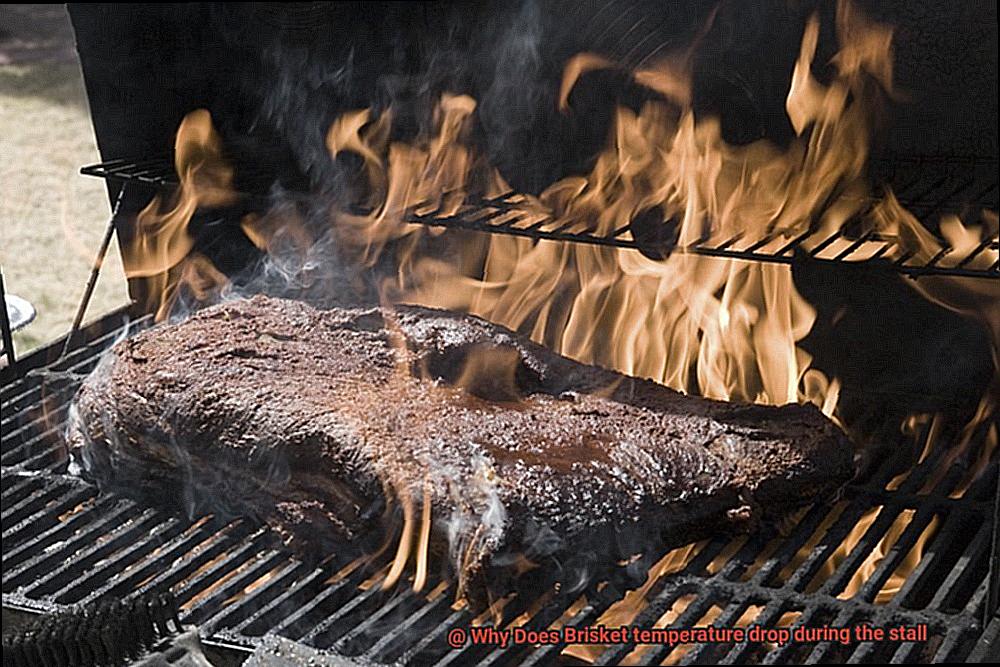
Next, we have microfiber cloths or sponges. These materials are gentle on aluminum and highly effective in removing dirt and grime without causing any damage to the surface. Plus, they’re reusable and environmentally friendly – what’s not to love?
If traditional cleaning methods aren’t cutting it, try a chemical cleaner specifically designed for aluminum surfaces. These cleaners dissolve dirt and grime without causing any damage to the metal. Just be sure to follow the instructions carefully and avoid using harsh chemicals that may cause damage.
For those who prefer a more hands-off approach, using compressed air or a vacuum can be an effective way to remove dust and debris from aluminum surfaces without the need for any brushes or cleaning agents. It’s quick, easy, and hassle-free.
0cx2uJxqaik” >
Conclusion
To sum up, determining whether a brass wire brush will scratch aluminum is not a simple matter. Although brass wire brushes are excellent for cleaning and polishing metal surfaces, they can cause scratches on soft metals like aluminum if used improperly. Nevertheless, you can minimize the risk of scratching your aluminum surface by taking the appropriate precautions and using the proper techniques.
Several factors influence whether scratches will occur, including the type of aluminum being worked on, the condition of the brush, and the amount of pressure applied during brushing. By following some straightforward steps such as selecting a soft-bristled brass wire brush, wetting the surface before brushing, applying light pressure, and brushing in one direction only, you can clean your aluminum surface without causing any damage.
Additionally, there are many alternatives to using a brass wire brush when cleaning aluminum surfaces.
These include nylon brushes, microfiber cloths/sponges, chemical cleaners specifically designed for aluminum surfaces, compressed air or vacuuming. Choosing the right method based on the type of dirt or grime that needs to be removed is critical.

